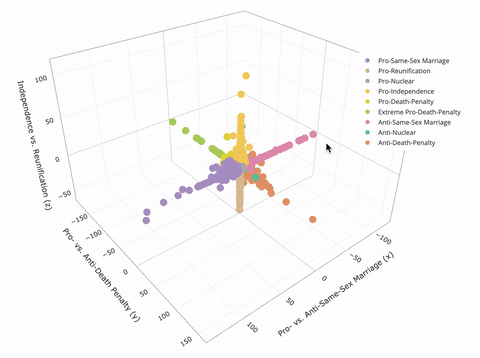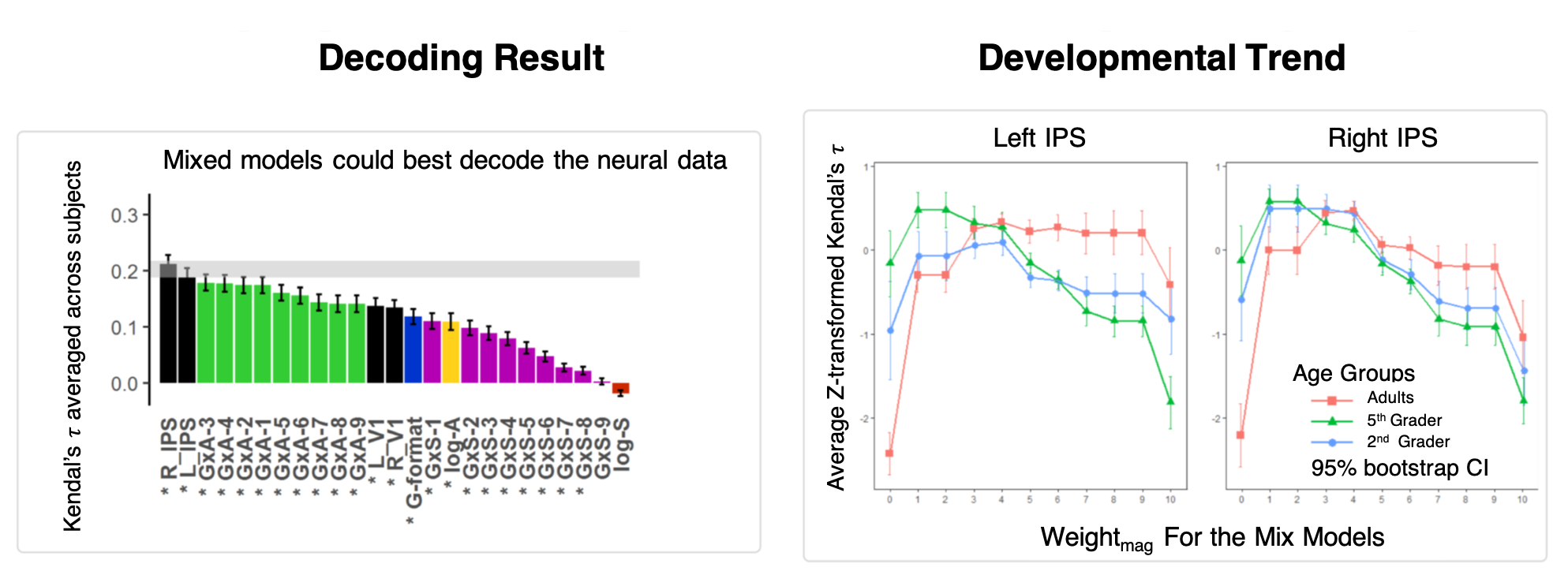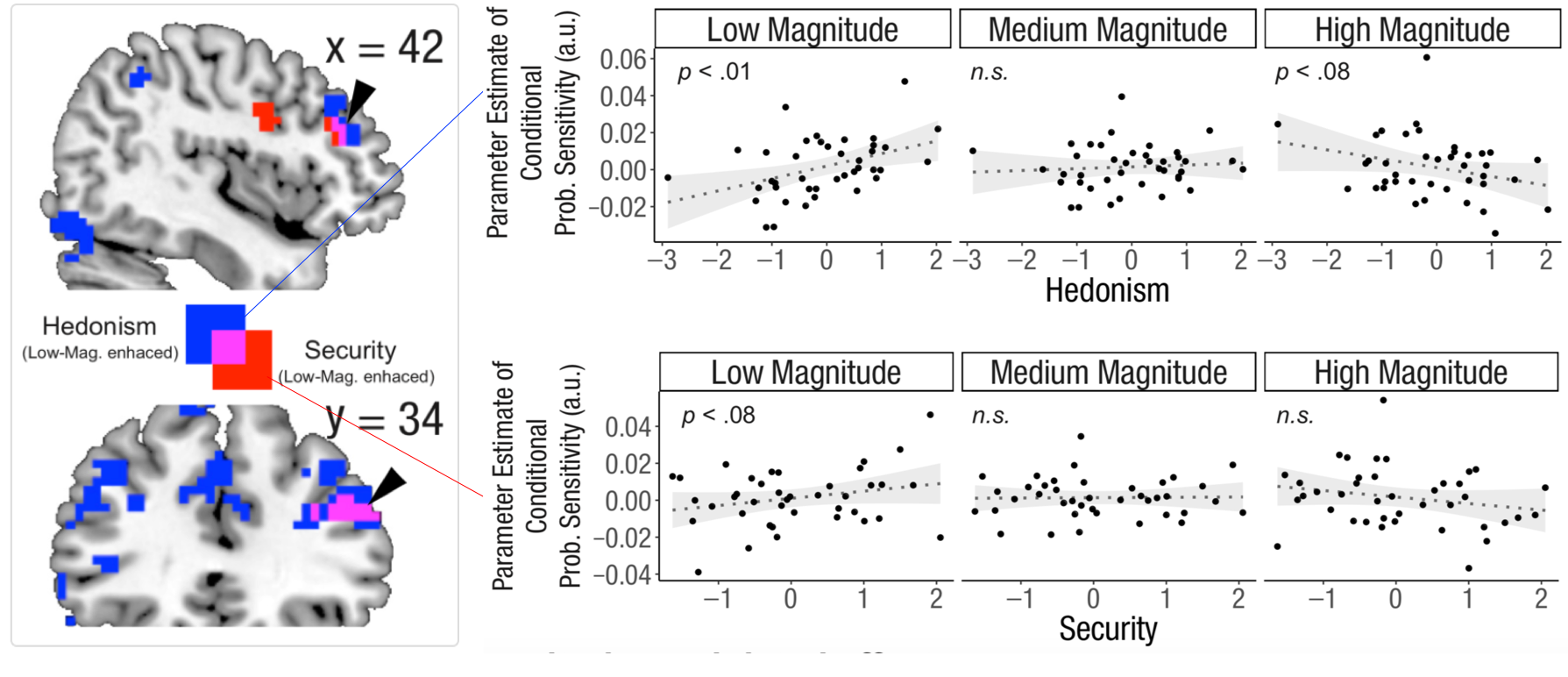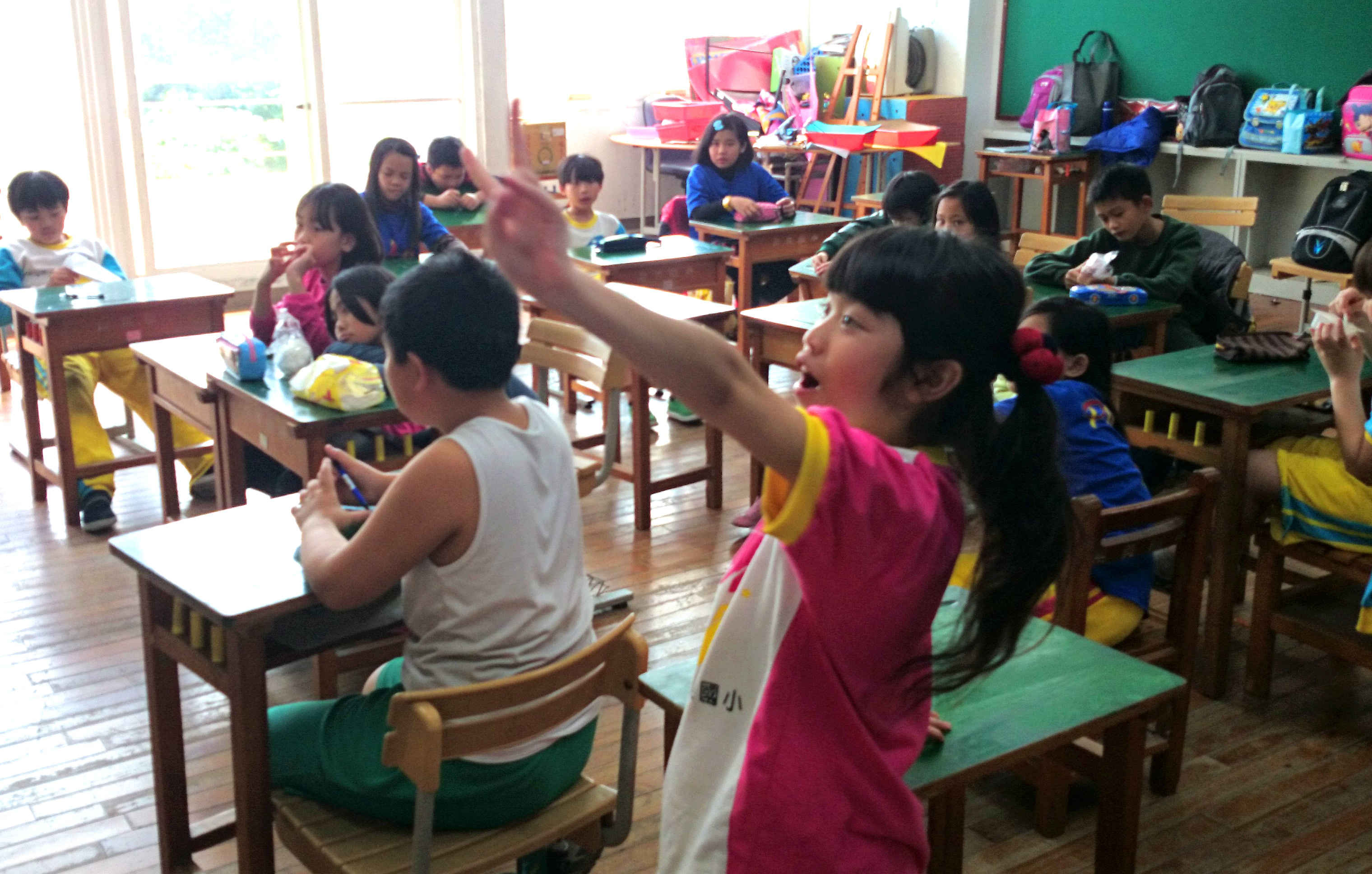
Yun-Shiuan (Sean) Chuang
Master's Student in Computer Science &
Ph.D. Student in Cognitive
Science
University of Wisconsin-Madison
About Me
My research focuses on using machine learning to improve human-machine
interactions.
I am currently an
M.S.
Computer Science and
Ph.D.
Cognitive Science student at University of Wisconsin - Madison.
Before that, I was a
full-time research
associate at Center for
Artificial
Intelligence and Advanced Robotics
conducting
research
on social cognition module for assistive robots.
My expertise includes data science, AI, ML, conducting research on human-machine interaction.
I am looking for 2021 summer internship as a data scientist, a machine learning engineer, an
applied scientist, or a software engineer!
Education
University of Wisconsin - Madison
M.S. in Computer Science & Ph.D. in Cognition and Cognitive Neuroscience (09/2019-present)
- GPA : 4.00/4.00
- Selected Courses: Artificial Intelligence, Machine Learning, Deep Learning, Data Structures and Algorithms, Computational Cognitive Sciences
University of Wisconsin - Madison
Visiting Student Researcher (09/2017-06/2018)
- GPA: 4.00/4.00
- Fully-funded by Study Abroad Scholarship for Future Scholars (Ministry of Education, Taiwan)
National Taiwan University
Bachelor of Science in Psychology (09/2013-06/2018)
- GPA : 4.20/4.30 (Rank: 2 / 62)
- Dean's Award of College of Science; Presidential Awards (7 out of 8 semesters)
- Selected Courses: Data Science, Statistical Analysis, Psychology Experiment Design, Multivariate Analysis
Skills
Programming Languages
- Machine Learning: TensorFlow, Scikit-learn
- Languages: Python, R, MATLAB, SQL, Java, Shell, Git, JavaScript, HTML, CSS, LaTeX
Package Development
- Author of the R package: label4MRI - a toolbox for labeling brain image (27 stars and 13 forks on GitHub)
- Contributor of the MATLAB toolbox: rsatoolbox
Advanced Statistics
- Generalized Linear Mixed Model (GLMM), Markov chain Monte Carlo (MCMC) Sampling, Bayesian Statistics, Bootstrapping & Permutation Testing, Time-Series Analysis, Multivariate Analysis



